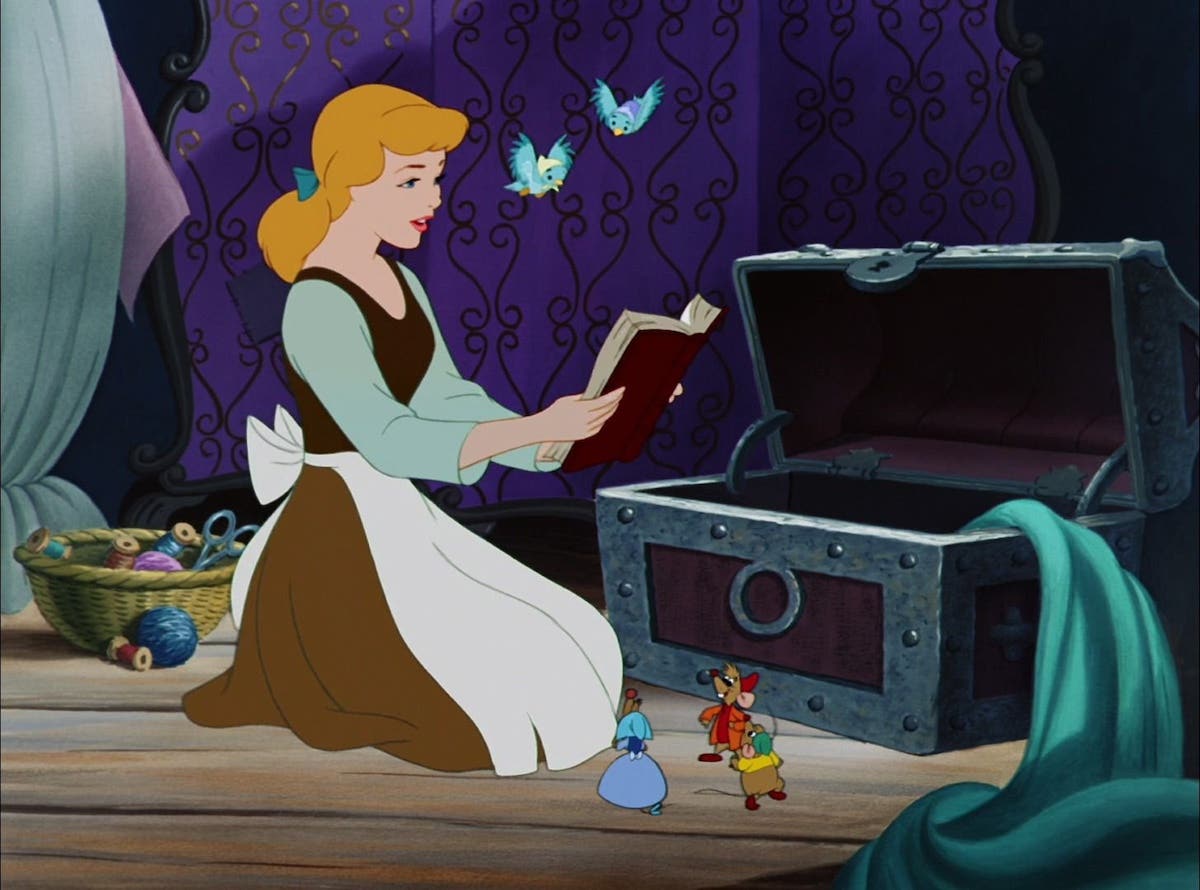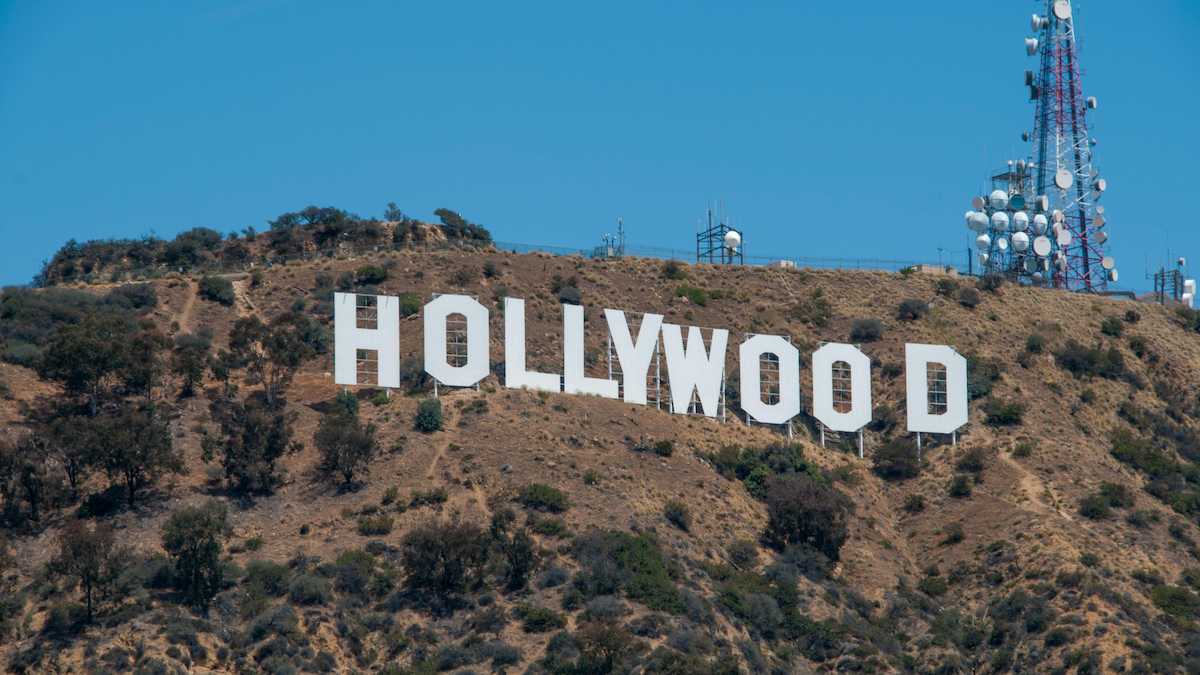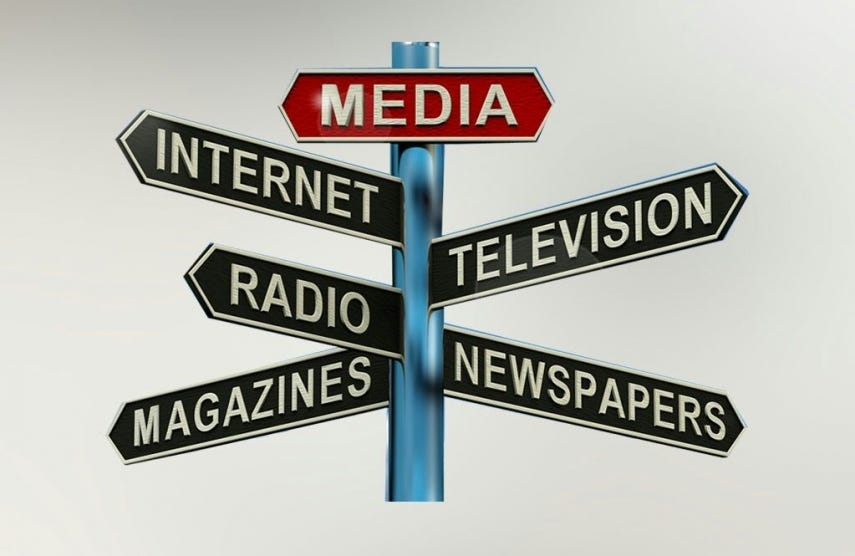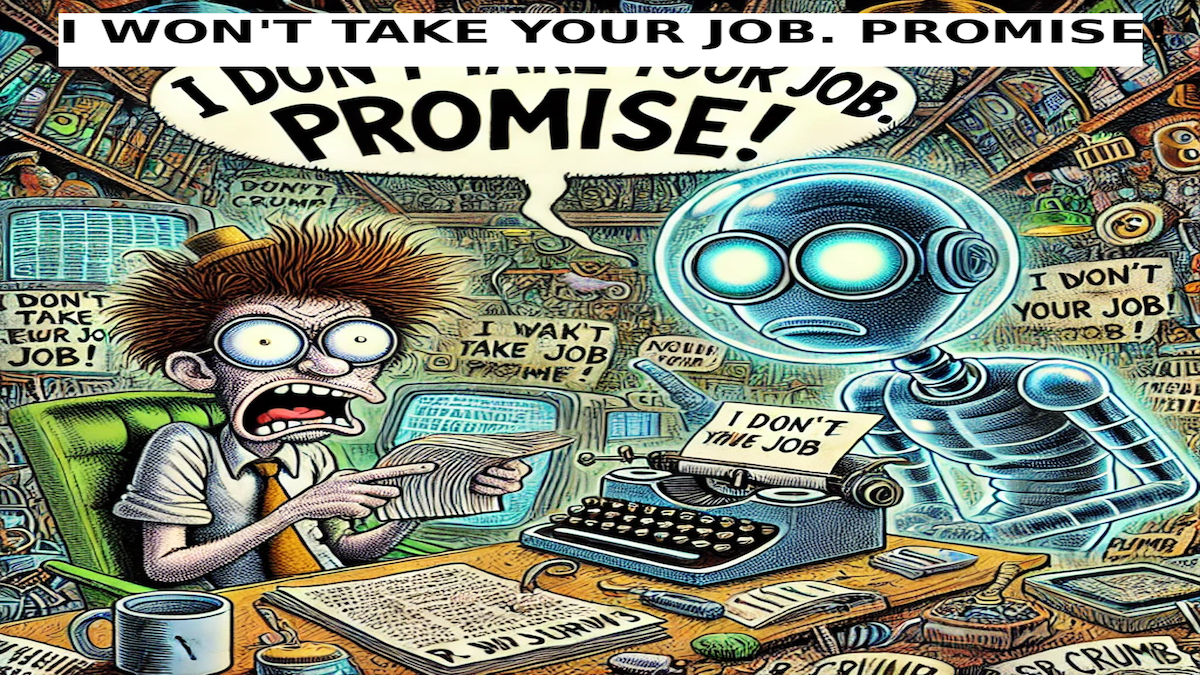SHORT CIRCUIT: Writing Assignments – Let’s Make a Deal!
What’s it like to navigate a writing assignment? Dan Goforth takes you inside an actual screenwriting assignments deal.
I was recently in talks (again!) to write a feature-length screenplay adaptation of a novel. As I was hammering out the details, I thought that there just might be some of you out there who would be interested in the actual process of how a deal comes about and plays out.
So, let me take you inside an actual writing assignment. Not all deals are the same, so this is just one example.
I had recently finished a feature screenplay true-life adaptation of Dawn Over Kitty Hawk, the unknown story behind the race to build the first powered flying machine, when I learned about an open assignment to write a feature script based on a real-life person. Well, I keep an up-to-date biography of my writing career on my computer, so I immediately sent that to them, expressing my interest in the project and letting them know I had experience working in the genre.
Next thing I did was contact the IP owner of the script I'd just written, getting permission to use it strictly as a writing sample. (Sometimes, producers are reluctant to give this permission. Sometimes, they are just fine with it. Maintaining a good relationship with your former projects can be a tremendous benefit.)
So, I contacted these new producers via email, providing them a summary of the script, pointing out the similarities between that script and the film they were looking to make.
There's always a chance that prodcos will be reluctant to read other scripts, due to the time involved or the worry that they may have something similar in development. Luckily for me, neither of these were a factor and they asked me to send a copy.
And then a month went by, and I didn't hear a thing.
For those who have been around a while, you learn this is not unusual. Sometimes months, and in one case I know of, years go by and then you suddenly hear back. In this particular case, one month and one day later, the producer followed up with an email inviting me to talk about the project, and we spoke a couple of days later. He provided more details and I gave my take on the story, how I would structure it, points about theme, subplots, etc.
So now, they've narrowed down the field to just a few writers. I am asked if there's anything else of mine they can read. Good reminder that you need to have more than one script to rely on. As it happens, I also have a sci-fi adventure that already has a producer attached. Back once more to get permission to use it as a writing sample. (I've since gotten permission upfront to use assignments as writing samples to save time and blood pressure pills.)
So... It's hurry up and wait time again. This time, only a week goes by. They're impressed enough to want to hire me. And so begin the negotiations. We hammer out a step payment schedule. As I've noted before, I don't have an agent, so I handle this myself. In the end, we find numbers that meet both our requirements. The final deal is at WGA rates, too, so I'm happy.
A week goes by, and the studio contract is sent to me. Here is where I do not rely on my own abilities. I immediately forward it on to my entertainment attorney. She makes a few changes to protect me a little better and to show she's earning every penny of her fee. This is always money well spent, and I don't recommend ever signing a contract without getting it vetted first.
After some back and forth, the contract is finally signed by all parties on November 3rd.
Did I mention that the delivery date for the first draft is December 1st?
During this back and forth time hammering out the contract, I have not been idle. There is much research to do, hours and hours of interviews to study, etc. By the time I have a valid contract in hand, I am already an expert on the subject matter. So, 28 days later, I deliver the first draft, coming in at 107 pages, via email to the producers.
The executive producer tells me how much he loves it, how it was exactly what they were looking for, and how I should be proud of the work I did.
The director contacts me, too. He tells me how much he loves it, how it was exactly what they were looking for, and how I should be proud of the work I did. "Oh and here are 11 pages of notes where I'd like to see changes made."
*SIGH* The writer's work is never done until the cameras roll. And sometimes not even then.
But as much as I love writing, I love rewriting even more. There's something about taking something really good and making it even better that just charges me up. Plus, the notes are specific and give me exactly what the director is looking for. So, off I go! I am a full-time screenwriter, so the only thing I am thinking about is this script!
That is, until the next assignment. Hoping all of you out there are happily engaged in making your own deals to keep your screenwriting dreams alive!
- More articles by Dan Goforth
- Legally Speaking, It Depends: Open Writing Assignment
- Riding on Faith in True-Life Scripts
- Anatomy of a Deal
Get insights into contracts with Entertainment Attorney Christopher Schiller's webinar
Screenwriter Contracts Decoded
Dan Goforth is a current member of the WGA. He has sold to Netflix and has worked on several other assignments. He is a former rocket scientist, shark safety diver and award winning screenwriter. Visit Dan at Script Soup and follow him on Twitter @Dango_Forth.

![The Era of the Multi-Hyphenate: An Interview With Writer and Filmmaker Mario O. Moreno [SERIES]](https://scriptmag.com/uploads/MjEzMTEyNzA4NjQ2NTc3NjE1/the-era-of-the-multi-hyphenate-series-script-hero.png?format=auto&optimize=high&width=1440)



